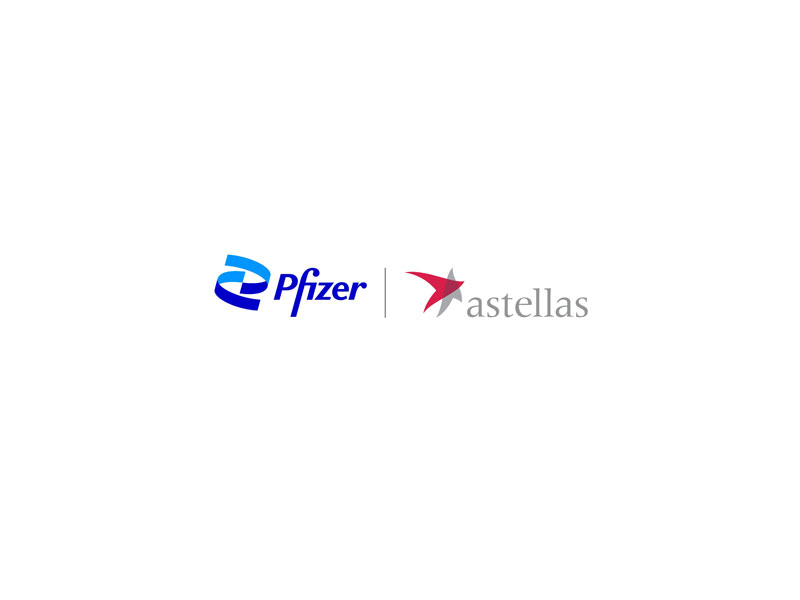The human capabilities may have been effectively limitless over the years, but at the same time, nothing they offer can be deemed more important than our ability to grow on a consistent basis. We say this because the stated reality has already fetched the world some huge milestones, with technology appearing as a rather unique member of the group. The reason why technology’s credentials are so anomalous is purposed around its skill-set, which was unprecedented enough to realize all the possibilities for us that we couldn’t have imagined otherwise. Nevertheless, a closer look should be able to reveal how the whole runner was also very much inspired by the way we applied those skills across a real world environment. The latter component was, in fact, what gave the creation a spectrum-wide presence and made it the ultimate centerpiece of every horizon. Now, having such a powerful tool run the show did expand our experience in many different directions, but even after reaching so far ahead, this prodigious concept called technology will somehow keep on delivering the right goods. The same has grown to become a lot more evident in recent times, and assuming one new healthcare-themed development shakes out just like we envision, it will only propel that trend towards greater heights over the near future and beyond.
Pfizer and Astellas Pharma have issued a joint statement, revealing that US Food and Drug Administration formally approved their combination of PADCEV and KEYTRUDA® for treating locally advanced or metastatic urothelial cancer. According to certain reports, the stated combination goes down as the first ever alternative to platinum-containing chemotherapy. Before we get into the treatment itself, we must try and understand the condition it will resolve. Urothelial cancer, or bladder cancer, begins in the urothelial cells, which line the urethra, bladder, ureters, renal pelvis, and some other organs. To inform you on the problem’s severity from an overall standpoint, though, more than 573,000 new bladder cancer cases and 212,000 deaths are reported annually, out of which nearly 90% are urothelial cancers. Furthermore, roughly 12% of cases are locally advanced or metastatic urothelial cancer at diagnosis. Keeping that trend alive, the estimated number for bladder cancer diagnosis during 2023 is touted to be somewhere around 82,290 in the US alone.
But how will the combination in question solve such a pervasive problem? Well, the answer must begin from PADCEV, which is a first-in-class antibody-drug conjugate (ADC) directed to Nectin-4, a protein located on the surface of cells and highly expressed in bladder cancer. Following its binding to Nectkn-4 expressing cells, the drug’s anticancer activity markedly comes down to internalization and release of the anti-tumor agent monomethyl auristatin E (MMAE) into the cells. This, in turn, goes a long way in ensuring that the problematic cell is not able to either reproduce or exist at all. Now, while it can serve up a lot of value on its own, the researchers combined the ADC with KEYTRUDA® (pembrolizumab, a PD-1 inhibitor) during one Phase 3 EV-302 clinical trial to study median overall survival (OS) and median progression-free survival (PFS) in patients with previously untreated la/mUC, compared to platinum-containing chemotherapy. Going by the available details, the combination nearly doubled the OS and PFS rate. A more concrete piece of information would talk to how treatment with the combination resulted in a median OS of 31.5 months, a timeframe way ahead of 16.1 months we get from the chemotherapy. This also represented a straight 53% reduction in the risk of death. As for median PFS, it was reported to be around 12.5 months in the case of newly-approved combination, whereas the chemotherapy experiment couldn’t get past 6.3 months. Here, the risk of cancer progression or death was brought down by almost 55%. Apart from that, we saw consistent OS and PFS results across pre-defined subgroups.
“Today’s FDA approval represents a paradigm change in the treatment of advanced bladder cancer and provides hope to the thousands of Americans impacted by this aggressive disease. This achievement is notable, as it is the first regimen approved in advanced urothelial cancer that has demonstrated superiority to platinum chemotherapy, the gold standard of care for decades,” said Ahsan Arozullah, M.D., M.P.H., Senior Vice President and head of Oncology Development at Astellas Pharma.
The study also expanded to both adult patients with la/mUC who are not eligible to receive cisplatin-containing chemotherapy, along with the ones who are eligible to receive cisplatin chemotherapy. Here, the findings revealed that in both the groups, there was 47% and 57% reduced risk of death, respectively, joined by 52% and 57% reduction in the risk of progression.
“In the Phase 3 EV-302 study, the combination of PADCEV and pembrolizumab demonstrated survival benefit for patients with advanced bladder cancer, nearly doubling median OS and median PFS compared with chemotherapy. We hope the approval of this combination will transform the standard of care for advanced bladder cancer and give patients more time with their loved ones,” said Roger Dansey, M.D., Chief Development Officer of Oncology at Pfizer.
Pfizer became a part of this collaboration after it recently acquired Seagen, a company which had forged clinical partnership with Astellas Pharma to explore therapeutic potential for a combination of PADCEV and KEYTRUDA in patients suffering from previously untreated metastatic urothelial cancer.
“Despite advances in the treatment of advanced bladder cancer, there remains a need for therapies that extend patients’ lives. Our network is thrilled that the FDA has approved a new treatment option, and we are excited about the hope it will provide to members of the bladder cancer patient community,” said Andrea Maddox-Smith, CEO of Bladder Cancer Advocacy Network (BCAN).



















